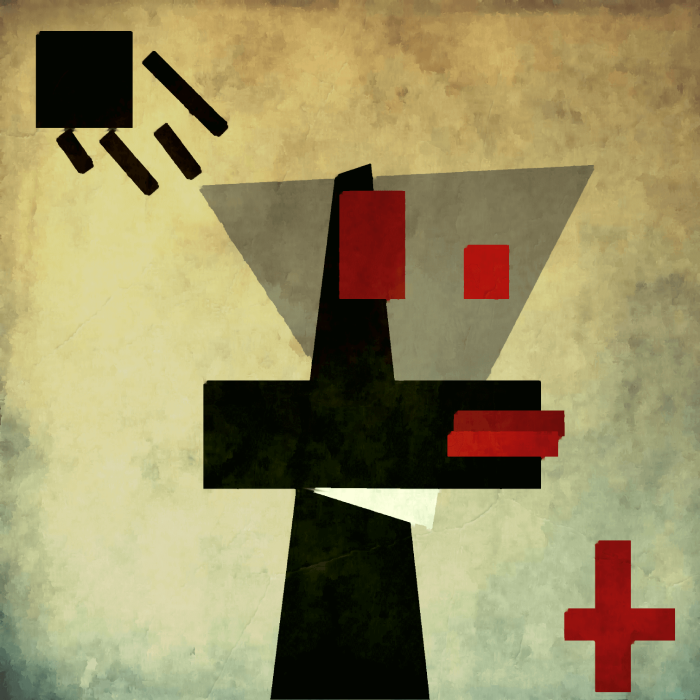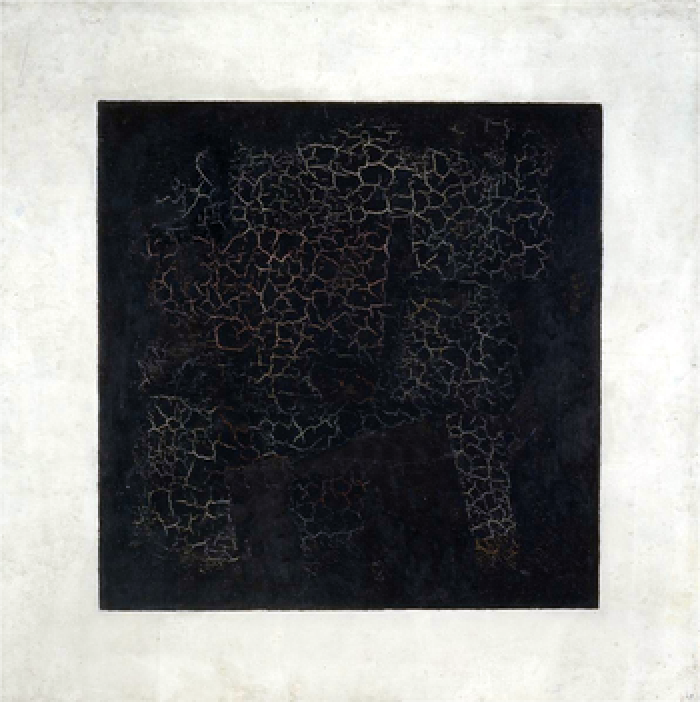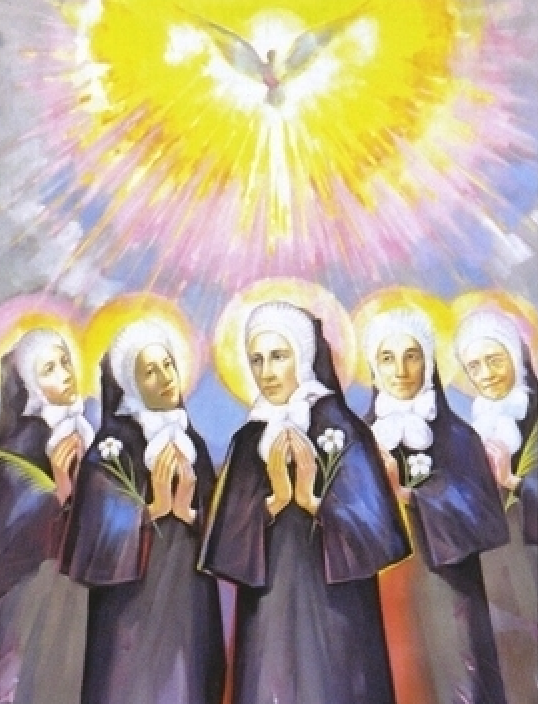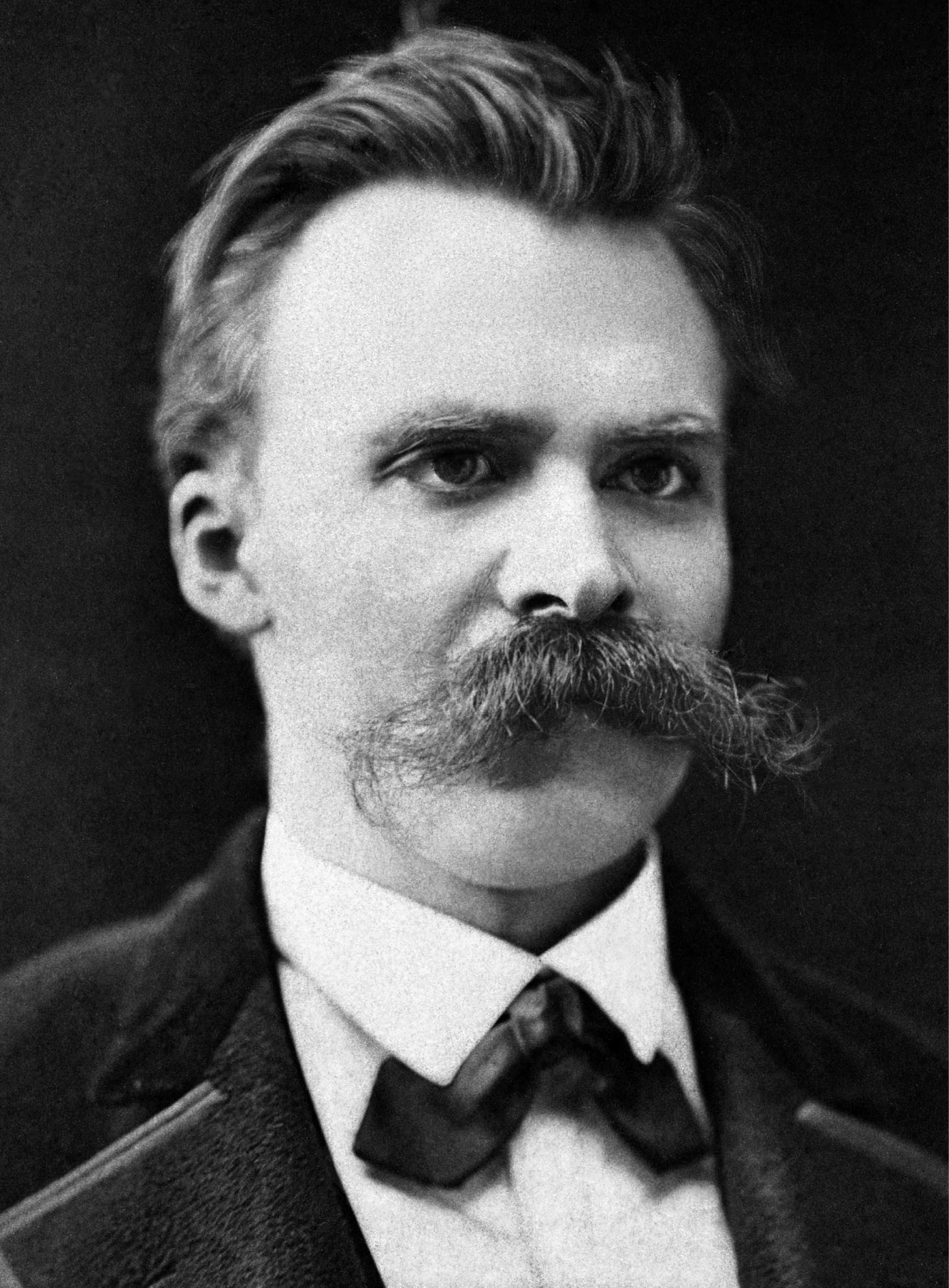SupremePunk #023

Unheard Prayers
This Punk is inspired by CryptoPunk #6728 and artworks of Malevich. The suprematist element in the form of a black square symbolises the death of God and the disappearance of the soul. SupremePunk #023 reflects the philosophical question of God's rejection and man's ability to determine his own destiny and control his life.

K. Malevich — Black square, 1915
This question is raised through the prism of the story of The Blessed Martyrs of Drina and Nietzsche's idea of "God is dead" ( in the philosophical novel "Thus Spoke Zarathustra"). However, proponents of the strongest form of the Death of God theology have used the phrase of Nietzsche in a literal sense, but the death of God didn't strike Nietzsche as an entirely good thing. Without God, the basic belief system of Western Europe was in jeopardy, as he put it in Twilight of the Idols: "When one gives up the Christian faith, one pulls the right to Christian morality out from under one's feet".
The 20th century was filled with ideologies that denied God and were supposed to lead humanity into the future, but Tragic story of The Blessed Martyrs of Drina is shocking and suggests that people are not yet ready to reject God, because ideologies that impose the supremacy of man lead to their destruction. SupremePunk represents the innocent victim who died because of ideologies that were supposed to lead humanity to further evolution, but led to murder, destruction and inhumanity.

The Blessed Martyrs of Drina
The Blessed Martyrs of Drina are the professed Sisters of the Congregation of the Daughters of Divine Charity, who lost their lives during World War II.
Chetniks (Yugoslav rebels - Yugoslav royalist and Serbian nationalist movement during World War II) entered the town of Pale, Sarajevo on 11 December, 1941. They looted and burnt down the local Roman Catholic convent, Marijin dom, and captured its five nuns. The five were Jula Ivanisevic, Berchmana Leidenix, Krizina Bojanc, Antonija Fabjan and Bernadeta Banja. That evening, the nuns and some other prisoners were forced to march across the Romanija mountain range in freezing temperatures and waist-deep snow.
The five were mocked, insulted and threatened by their captors as they marched. While passing through the village of Sjetlina, 76-year-old sister Leidenix became exhausted. She was separated from the group and forced to remain behind. The four remaining nuns were taken to Goražde on 15 December. That evening, a group of Chetniks entered the room in which they were being held and attempted to rape them. The four then committed suicide, jumping from the second-floor window to avoid being raped. Some sources hold that all four survived their suicide attempts and were bayoneted to death by several infuriated Chetnik officers. In any case, the bodies were taken from the barracks and thrown into the Drina River. The five nuns were later declared martyrs.

Friedrich Wilhelm Nietzsche
Nietzsche used the phrase "God is dead" to express his idea that the Enlightenment had eliminated the possibility of the existence of God. At the end of part 2 of Zarathustra's Prolog, where Zarathustra encounters an aged ascetic who expresses misanthropy and love of God:
"But when Zarathustra was alone, he spoke thus to his heart: "Could it be possible! This old saint has not heard in his forest that God is dead!", - Nietzsche offered us a way out. The creation of our own values as individuals. The creation of a meaning of life by those who live it. Nietzsche believed that the removal of this system put most people at the risk of despair or meaninglessness. What could the point of life be without a God? The universe wasn't made solely for human existence anymore. Nietzsche feared that this understanding of the world would lead to pessimism, "a will to nothingness".

Buy

Gallery:
CryptoPunk #6728 that has been taken as a base

Your transaction is in progress

You have connected to the wrong network

Transaction is successful!


